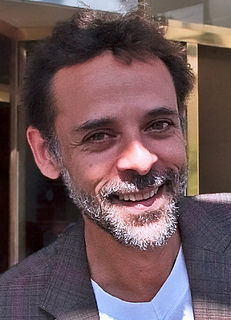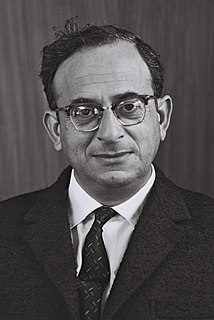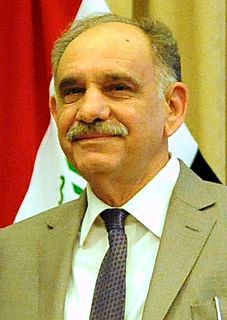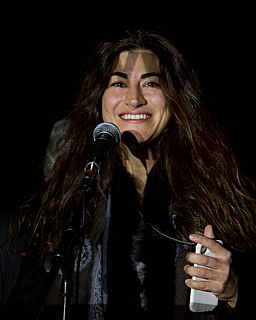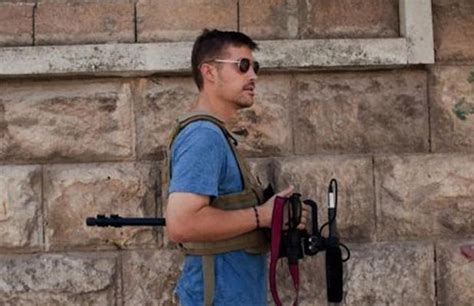A Quote by Alexander Siddig
I think the Arab world has no personality cult situation going on that they have in much of the Western world, South America included. They are a culture of words and religion, and you won't see manycsa charismatic people on Al Jazeera, except for the ones who are now learned presenters. You see Arab leaders getting on TV - which was very hard for me working out how to do the part, since Arab leaders are looking somnambulant, staring into their microphone, almost as if someone's got a hand up their back.
Quote Topics
Al
Al Jazeera
Almost
America
Arab
Arab World
Back
Charismatic
Cult
Culture
Except
Getting
Going
Got
Hand
Hard
How
Included
Leaders
Learned
Looking
Me
Microphone
Much
Now
Out
Part
People
Personality
Religion
See
Since
Situation
Someone
South
South America
Staring
Think
TV
Up
Very
Western
Western World
Which
Words
Working
World
Related Quotes
Jordan is many different things and there's many different parts of it. We don't ever really get to see a modern Arab city, a part of the Arab world where people are seemingly living their lives like everywhere else and also just a part of the Arab world that's surprisingly Americanized, with fast-food joints everywhere and shopping malls. Over the 30 years I've been traveling there, I really saw it grow and become modernized and much more Americanized in a way that surprised me as an Arab-American.
In many parts of the world, including the Arab world, the Latin American world, and even parts of the Western world, there is a tradition of writers being quite engaged. Particularly in the Arab world you have had very, very strong traditions of literature and poetry and most of the writers have been deeply committed to the cause of the Arab nation.
It was tricky [to write about Israelis], because everyone has an opinion about the Arab - Israeli conflict, and when I first started writing these stories, I was working for an Arab - Israeli human rights group. It was during the Second Intifada. It was this totally violent and intense time, and I think there's a part of me where I don't know how to write about that situation without getting my politics out of my messages, and that's something that was important for me not to do in this book.
I want a future where my children feel safe and appreciated and proud to be who they are. My heart is one with all the Arab Spring heroes, no matter how small they think their role is. I know they believe, like me, that we are working for a world whereby an Arab can live with the other in a respectful and dignified way.
Traditionally Marxism attracts the oppressed. This, however, is not the case in the Arab nation... The socialist programs in Arab history did not always come from the poor, but from men who had known no oppression and became the leaders of the poor. The Arab nation has never been as class-conscious as other nations.
What outrages me as a representative of journalists is that there's not more outrage about the number, and the brutality, and the cavalier nature of the U.S. military toward the killing of journalists in Iraq....They target and kill journalists ... uh, from other countries, particularly Arab countries like Al -, like Arab news services like Al-Jazeera, for example. They actually target them and blow up their studios with impunity.
Recall that the United Nations commissioned Arab scholars and analysts to publish the Arab Human Development Report. What causes the backwardness, the scholars wondered, of 22 Arab states, covering nearly 300 million people? Their conclusion? Of all world regions, the Arab countries scored the lowest in freedom, media independence, civil liberties, political process and political rights.
